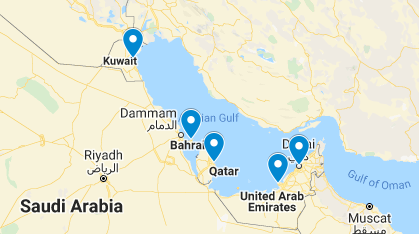According to Dubai-based financial analysts, the new visa rules for expatriates in the UAE who are in the retirement stage could benefit the insurance sector greatly.
A new government law was announced that will allow non-Emiratis or expats aged 55 and over to secure a retirement visa – which could greatly change how retirees choose to live out their golden years.
The UAE government approved a law to allow expats to stay in the UAE even after retirement, as long as they meet any of the following requirements:
– If they own a 2 million dirhams property;
– If they have at least 1 million dirhams in savings;
– or if they have an active monthly income of at least 20,000 dirhams.
The law on new visa regulations is due to be implemented in 2019. The new rules are viewed to leave a positive impact on the life insurance sector as it could encourage the insurance companies in Dubai to come up with products such as investment packages that enable returns in exchange of monthly premiums.
There are many opportunities awaiting insurance companies in the whole UAE and GCC region, which could benefit from the new visa rules.
Of course, not only insurance companies can benefit from this but the retirees themselves. This move done by the government encourages more expats, who are in no doubt make up most of the country’s population, to stay longer in the UAE.
The recent visa development is especially beneficial to those who have established businesses and own property in the UAE. Expats wouldn’t have to worry looking for ways to exit their businesses or sell property holdings when they come at retirement age.
The UAE property market will also surely benefit as this could result in more expats investing in family homes. The long-term retirement visa law now allows more longevity for expats as most of them view UAE as a short-term plan. Many expats think of moving back to their home country after earning and saving enough money.
Residents with substantial assets would especially find the retirement visa as attractive and would want to remain in a low taxed environment. The new visa may also encourage more residents to hold balances in UAE banks rather than shipping their earnings offshore.
Staying in the UAE after retirement would simplify the structure between the client and the assets, which in time could also reduce the overall cost. During retirement, it would be a wise choice to dedicate some of your investments to generate income in the local currency that will match your current expenses.
As per the UAE law, all residents must have a valid health insurance policy. Should an individual choose to stay in the country after retirement, the government will not provide any national benefits, making it crucial for the retirees to have a sustainable source of income after quitting work.
Upon choosing to retire in a foreign country, it’s always best to weigh up options such as security, living costs, quality of living and taxation. Retiring at the UAE offers benefits such as the cheap price for home help and no tax payments. In the end, weigh down the pros and cons and choose where you are best suited. Choosing where to retire comes down to the quality of life, and the quality of life comes down to the insurance plans you sign up for.
With the new visa rules, many insurance companies are sure to come up with better packages and plans that will benefit expat retirees.


